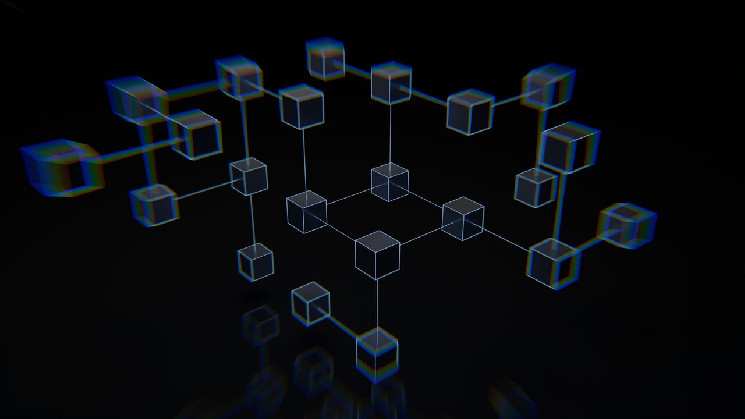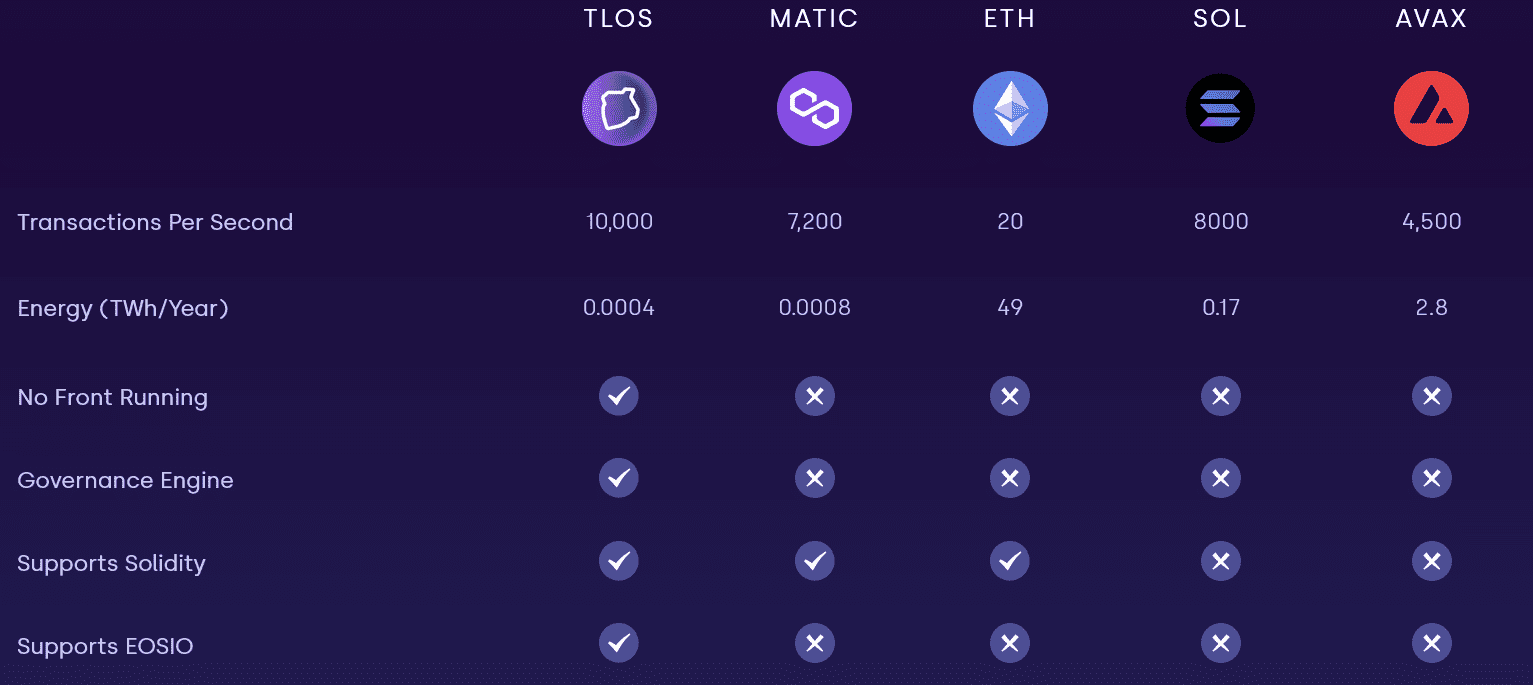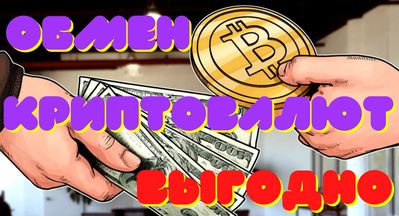What is Telos Blockchain?- Is Blockchain Transaction Speed in 2022 Important?

It seems that the crypto market is slowly recovering. The bear market was tough yet during times like these, projects that persist in development by concentrating on expansion are often rewarded by users who are looking to put in long positions where powerful fundamentals trump the scarcity of short-term gains. This article is all about what is Telos blockchain and blockchain transaction speed.
What is Telos Blockchain?
Telos is the most prominent sister chain of the EOS Mainnet and utilizes the EOSIO software as a foundation. The project was undertaken soon after the takeoff of EOS Mainnet and modified some parameters in the electoral system and administration. According to its website, Telos is speedier, more affordable, greener, and simple. Beyond operation, the blockchain is currently directing the path for a better Web 3.
Telos is created for swiftness and scalability making it the perfect network for mainstream adoption. For instance, Telos established Tokens NFTs and Smart Contracts are already utilized for DeFi, and other things. Telos is utilized by more than 100 different applications (dApps) such as Taikai, Qudo, Qubicles, Appics, Wordproof, Seeds, Zeptagram, and NewLife. These applications relish the network’s speed (0.5s block times) and scale (10,000+ TPS) but also the powerful on-chain assistance that Telos delivers for voting, presumption, decentralized file repository, background, and much more.
What is TLOS Token?
TLOS is the native token of the blockchain that mirrors privilege in the Telos network. At the time of writing this, the TLOS price is sitting at $0.182192 with a 24-hour trading volume of $1,355,720. The 24 hr market cap is $49,214,341 with a circulating supply of 270,123,444 TLOS coins and a max. supply of 355,208,371 TLOS coins. The key features are as follows:
- Users become a dynamic and important component of the Telos Blockchain Network when they hold TLOS tokens.
- Telos is indeed decentralized, with community-led control protocols specified at launch including key retrieval for compromised EOS accounts and mediation to recover lost or stolen tokens.
- Because Telos has more periodic tokens than the EOS network, will TLOS holders have 3 times the network privilege share for the identical number of tokens. Telos also fosters long-term annual inflation to 2.5% after the first year approximated to EOS’s 5% annual rate.
- Telos EVM is the most robust and scalable Ethereum Smart Contract platform. It is a layer-1 Ethereum Virtual Machine, created to support Web 3. Telos EVM is not simply a fork of the actual Go Ethereum code. It’s a completely new EVM that carries the maximum benefit of the power that Telos technology has to contribute.
Key Features of Telos Blockchain

What is Telos Blockchain: Image Source: Telos.net
According to its website, Telos is the foremost EVM-compatible blockchain created on EOSIO. One can simply deploy and run the Ethereum Apps by utilizing Telos EVM for maximum performance & secure DeFi. The key features are:
- Fast & Scalable: It has 10,000 transactions per second and 0.5s block.
- No Gas Fees: No gas fees on local and negligible fees on EVM to defend from spammers.
- No Front Running: First in, first out transactions method eradicates front running.
- Decentralized: Block Producers are found around the world and cannot be held by an identical entity.
Is Blockchain Transaction speed in 2022 Important?
Qualities of #Telos #blockchain
? Fast
? Scalability
? ? governance blockchain
? Self funding (WPS)
? Smart contract
? Easy dApp #deployment
? Dstor
? No TX fee
? Decentralized community
? No Founders
? Launch team
? More than 10+ working dApps deployed
? & so on pic.twitter.com/Q60N5x9Tp4— Telos Blockchain Network (@telosupdates) April 10, 2020
The major challenge encountered by the prominent blockchains is transaction speed and network load. The primary reason for the adoption of cryptocurrency is more rapid transactions. More secured settlements in Crypto transactions feel experiencing parties more confident, plus it eradicates money dangling problems as well, which is typical when dealing with conventional banks and even with Visa. So yes, speed is one of the most significant characteristics in the crypto world.
When it comes to Telos, it has various benefits over other platforms and notably, it can be utilized as a full-stack option or as a scaling solution relying on the requirements of a project. Understanding that performance is invariably a preference for developers, the Delegated Proof-of-Stake (DPOS) consensus approach employed by Telos is worth special attention.
Telos has 21 “active” validators. These validators are voted in by other Telos token holders and are trusted with preserving the network. Other validators are dubbed “stand-by” validators and are paid to operate as a back-up to the top 21. The important point to note here is that “any of the standby validators can be voted into the top 21 at any time by Telos token holders with elections taking place roughly every 2.5 minutes”. Telos has standby validators implicitly spun into the top 21 occasionally to deliver their function a possibility to create blocks and confirm their readiness.
Delegated proof of stake gives Telos exemplary scalability when approximated to standard proof-of-work networks. Presently, the Telos blockchain can process more than 10,000 transactions per second, and that ability increases with code updates, sidechains, and other development instruments. This type of transactional speed places Telos on par with centralized entities such as Visa and Mastercard and their capacity to process thousands of transactions.







 Bitcoin
Bitcoin  Ethereum
Ethereum  Tether
Tether  USDC
USDC  Dogecoin
Dogecoin  Cardano
Cardano  TRON
TRON  Bitcoin Cash
Bitcoin Cash  Chainlink
Chainlink  Polygon
Polygon  Litecoin
Litecoin  LEO Token
LEO Token  Dai
Dai  Hedera
Hedera  Stacks
Stacks  Ethereum Classic
Ethereum Classic  Cronos
Cronos  Stellar
Stellar  Cosmos Hub
Cosmos Hub  OKB
OKB  Maker
Maker  Theta Network
Theta Network  Monero
Monero  Algorand
Algorand  NEO
NEO  Gate
Gate  Tezos
Tezos  EOS
EOS  KuCoin
KuCoin  Synthetix Network
Synthetix Network  IOTA
IOTA  Tether Gold
Tether Gold  Bitcoin Gold
Bitcoin Gold  TrueUSD
TrueUSD  Enjin Coin
Enjin Coin  Zilliqa
Zilliqa  Holo
Holo  Ravencoin
Ravencoin  Siacoin
Siacoin  0x Protocol
0x Protocol  Qtum
Qtum  Basic Attention
Basic Attention  Ontology
Ontology  Decred
Decred  Dash
Dash  NEM
NEM  Zcash
Zcash  Lisk
Lisk  Waves
Waves  DigiByte
DigiByte  Numeraire
Numeraire  Status
Status  Nano
Nano  Hive
Hive  Pax Dollar
Pax Dollar  Steem
Steem  Huobi
Huobi  OMG Network
OMG Network  BUSD
BUSD  Ren
Ren  Bytom
Bytom  Bitcoin Diamond
Bitcoin Diamond  HUSD
HUSD  Kyber Network Crystal Legacy
Kyber Network Crystal Legacy  Energi
Energi  Augur
Augur